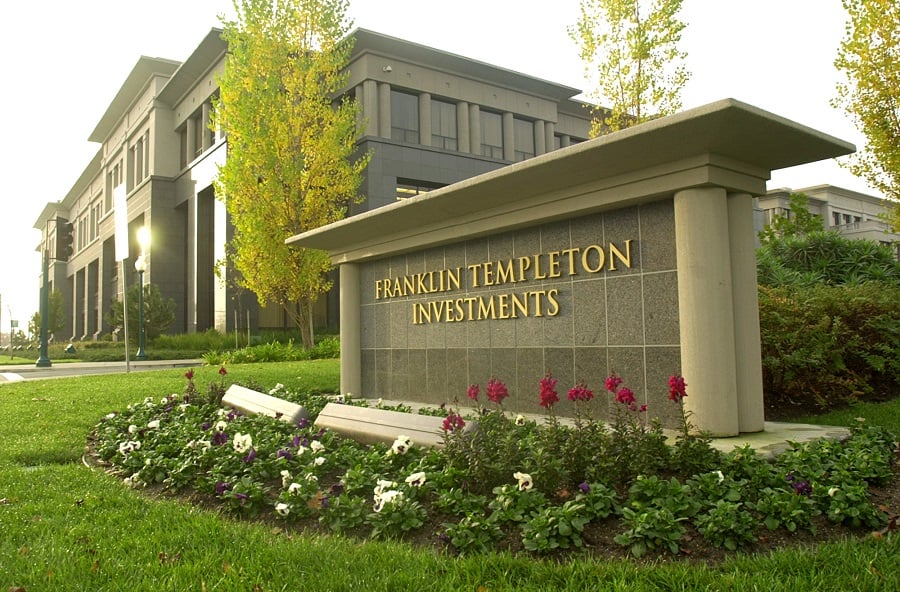

Most financial advisers won’t automatically think of Franklin Resources or Legg Mason as powerhouses in the exchange-traded fund space, but the pending merger of the two asset managers could result in a much higher ETF profile if certain things fall in line.
The announced $4.5 billion acquisition of Legg Mason by Franklin Resources, which operates under the Franklin Templeton brand, will ultimately bring together $1.5 trillion in total assets, but just $6.5 billion in combined ETF assets.
For perspective, consider the footprint of the top players in the space, BlackRock Inc. and Vanguard Group, which respectively manage $1.8 trillion and $1.2 trillion worth of ETF assets.
But even though the Franklin Templeton-Legg Mason combo might fall short in terms of ETF assets and reputation, it has something no other firm has: a majority stake in Precidian Investments, a company on the leading edge of licensing nontransparent ETFs.
Precidian, which has already signed agreements with more than a dozen asset managers to license its nontransparent ETF structure, is several months ahead of the handful of other firms pushing through the regulatory process to offer the first actively managed ETFs only required to disclose their holdings on a quarterly basis.
Nontransparent ETFs, the first of which are expected to launch in the next few weeks, are a potential boon for active mutual fund shops that have resisted entering the ETF space.
In addition to offering access to strategies traditionally confined to a mutual fund wrapper, the nontransparent ETFs are expected to be cheaper and more tax-efficient than their mutual fund counterparts.
Likely in response to that potential, Legg Masson last month announced it would exercise its right to increase its ownership stake in Precidian to 75% from 19.9%.
Legg Mason declined to comment for this story, but in a Jan. 29 earnings call with analysts, Legg Mason CEO Joe Sullivan said, “We notified Precidian last week of our intent to exercise our option to acquire a majority state in the company and we will be working very closely with them to continue the build-out of this important capability for our industry.”
Todd Rosenbluth, director of mutual fund and ETF research at CFRA, described the Precidian factor as “a nice added bonus.”
“The momentum is certainly on the side of ETFs continuing to gather assets from mutual funds,” he said. “The ability of the Franklin Templeton-Legg Mason partnership to gain market share in the ETF space will be enhanced if active nontransparent ETFs take off, and Precidian-based products will have the first-mover advantage.”

The looming threat of federal funding cuts to state and local governments has lawmakers weighing a levy that was phased out in 1981.

The fintech firms' new tools and integrations address pain points in overseeing investment lineups, account monitoring, and more.

Canadian stocks are on a roll in 2025 as the country prepares to name a new Prime Minister.

Carson is expanding one of its relationships in Florida while Lido Advisors adds an $870 million practice in Silicon Valley.

The approval of the pay proposal, which handsomely compensates its CEO and president, bolsters claims that big payouts are a must in the war to retain leadership.
RIAs face rising regulatory pressure in 2025. Forward-looking firms are responding with embedded technology, not more paperwork.
As inheritances are set to reshape client portfolios and next-gen heirs demand digital-first experiences, firms are retooling their wealth tech stacks and succession models in real time.
